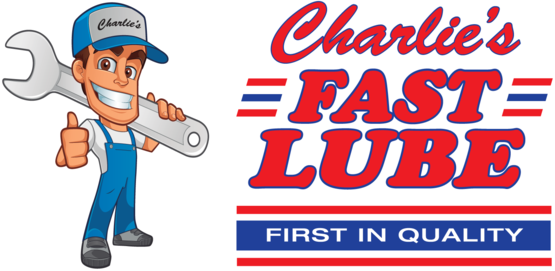Positive Crankcase Ventilation ? PCV Valve Service at Charlie's Fast Lube Perryville
March 14, 2021
Hello Perryville! Did you know that the first federally-mandated emissions control device was introduced in the 1960's? The Positive Crankcase Ventilation valve, or PCV valve, has been installed in Missouri vehicles since 1964 and represents the first legislation by the United States government to regulate harmful emissions as well as to improve performance in the country's vehicles.
The PCV valve, as you can probably guess, is located on the crankcase. The crankcase is the lowest part of a vehicle's engine. It houses the crankshaft and the engine oil. The crankshaft connects to the pistons that power the engine.
Pistons are pushed down when fuel is burned in an engine. This causes the crankshaft to rotate, which sends power to the transmission. It ultimately turns the axles and causes the vehicle to move. Some of the gases released by the burning fuel squeeze around the pistons and down into the crankcase.
If the escaped gases mix with the engine oil in the crankcase, oil sludge develops. This sludge has the consistency of petroleum jelly and can cause damage by clogging up passageways in the engine. Further, escaped gases can build up pressure inside the crankcase that can blow out seals and gaskets.
Before 1964, a hose was attached to the crankcase that vented escaped gases out into the air. These gases contained about 70% unburned fuel as well as harmful emissions. The PCV valve was designed to curb these harmful emissions as well as recapture unburned fuel.
The PCV valve is a small, one-way valve that allows escaped gases to exit the crankcase. The gases are then routed into the intake system so they can be re-burned in the engine. Fresh air enters the crankcase through a breather tube to facilitate this circulation and keep the air in the crankcase clean.
The PCV valve, like most working parts on a vehicle, will wear out over time. Usually it simply gets gummed up. Preventive maintenance, including routine oil changes at Charlie's Fast Lube Perryville in Perryville, will extend the life of the valve, but eventually it will have to be replaced. A sticking PCV valve won't allow gases to circulate properly, which can increase pressure in the crankcase. Over time, that pressure will lead to oil leaks.
Your vehicle manufacturer recommends that a PCV valve be replaced every 20,000 to 50,000 miles (32,000 to 80,000 kilometers), depending on the vehicle and Perryville driving conditions. It's an inexpensive repair but may not be included in the maintenance schedule in your owner's manual. So if you're looking for auto advice about the PCV valve, you may have to ask our pros at Charlie's Fast Lube Perryville.
Taking care of our PCV valve protects the environment in Missouri and improves vehicle performance. It's just part of good vehicle care for Perryville drivers and a way all of us can do our part to improve the world we live in.
Charlie's Fast Lube Perryville
701 S. Perryville Ave
Perryville, Missouri 63775
575-517-0022
http://www.charliesfastlubeperryville.com
Need Service?
More articles from Charlie's Fast Lube Perryville

A Clean Sweep (Fuel Injector Cleaning)
October 27, 2024
Your vehicle gets its power from burning fuel, usually gasoline, and it counts on something called fuel injectors to send gas to the engine in a spray that is easy to ignite. Its a precise operation, and when its working well, you have plenty of power and an efficient engine. But after time, con... More

Road Ready (Trip Inspection)
October 20, 2024
Maybe you've been cooped up for a while and are yearning for a change of scenery. Or maybe you need to visit a relative who lives far away. You choose not to fork out the big bucks for airline tickets, so it's time for a road trip. Make sure you're road ready by having your vehicle professiona... More

Wishy-Washy in Perryville
October 13, 2024
Perhaps you've found yourself driving when something all of a sudden splashes on your windshield, obstructing your view. You know that sinking feeling when you try to turn on the windshield washers and no fluid comes out. Now you're blinded even more. What can you do? The best thing is to make su... More









